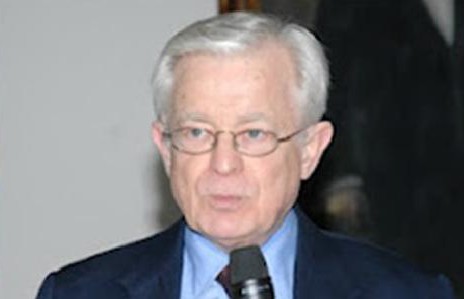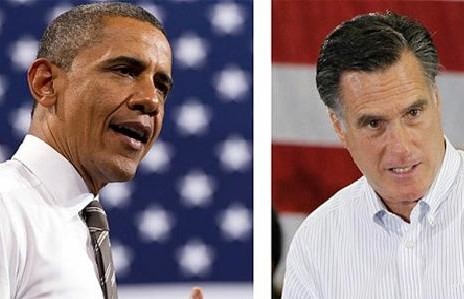
Puryear Speaks on Education Quality at the Virtual Educa Caribe Conference in the Dominican Republic
Conference to discuss the topics of training, innovation, corporate social responsibility, and sustainable development.
This post is also available in: Spanish
A recent California court decision on teacher tenure, dismissal and seniority may have signaled a greater role for civil society and the courts in the battles over education reform in the United States.
The case, Vergara v. California, finds that students have a constitutional right to equal access to quality teaching, and that the state’s education code violates those rights. Provisions of the code give teachers tenure regardless of their effectiveness make it almost impossible to dismiss bad teachers and concentrate the worst teachers in schools that primarily serve the poor. These provisions were found to deprive students of a quality education, and thereby violate their constitutional rights.
The case was brought by Students Matter, an NGO financed by a Silicon Valley entrepreneur and other wealthy philanthropists, on behalf of nine public school students. It was tried by first-rate lawyers (one a democrat, the other a republican). The students argued that teacher tenure and other job protections deprived them of their legal right to a quality education. To make their case, they presented research showing the negative impact that low quality teachers have on student performance.
The judge found for the students, stating that “the evidence is compelling. Indeed it shocks the conscience.” He cast the issues in terms of civil rights, finding that the education code denied children equal protection under law, and citing the landmark 1954 Supreme Court decision (Brown v Board) that struck down racial segregation in schools. The case can be appealed, and it may take several years to reach a definitive legal decision.
Regardless, Vergara v. California represents a new phase in efforts to promote education reform, that combines civil society initiative with judicial activism. In the absence of action by the executive and legislative branches, civil society leaders are increasingly turning to the courts to achieve policy goals. An implicit principle is that the poor need someone to defend their interests, and that civil society and the courts will do so if political leaders will not. It suggests that education is an important civil rights issue, and argues that the criteria for judging education policy should include outcomes, and not just inputs.
At the same time, support for teacher tenure and other job protections by political leaders and public opinion appears to be declining. The Obama administration’s reaction to the Vergara decision may be symptomatic of a broader change. Secretary of Education Arne Duncan observed that “This decision presents an opportunity for a progressive state with a tradition of innovation to build a new framework for the teaching profession that protects students’ rights to equal educational opportunities while providing teachers the support, respect and rewarding career they deserve.”
The Vergara decision has stimulated new legal challenges to tenure, dismissal and seniority laws in other states. Two lawsuits have been filed in New York, and others are expected to be filed soon. Some states are already reviewing their laws regarding teacher tenure and dismissal. At least 16 states have begun to tie teacher tenure to performance, 7 put tenured teachers on probation if they get low evaluations, and 2 (Kansas and Florida) have severely restricted the granting of tenure to teachers. A recent national public opinion poll suggests that support for teacher tenure laws has weakened in the United States. Respondents believed that 22% of teachers are not performing satisfactorily. They favored ending teacher tenure by a 2-to-1 ratio and, if tenure is to be awarded, using student performance to make the decision. Just 9% favored the historical practice of granting tenure without taking student performance into consideration.
What is clear is that, in the United States, pressure is growing to change long-established laws governing teacher tenure, dismissal and seniority, and that if politicians won’t act, civil society and the courts will. Much less clear, however, is what laws should be put in their place. The merit of the Vergara decision may be to force politicians and bureaucrats to take need for reform seriously and to find better ways to manage teachers.
Conference to discuss the topics of training, innovation, corporate social responsibility, and sustainable development.
Education policy — what Romney and Obama agree and disagree on.
Video of PREAL co-director at III Forum on Education Quality.
